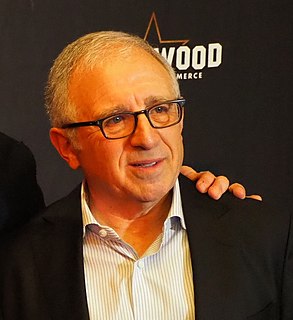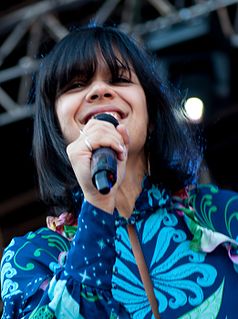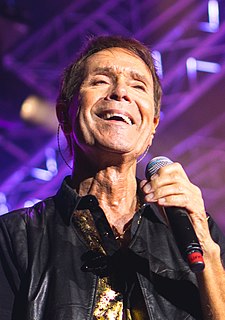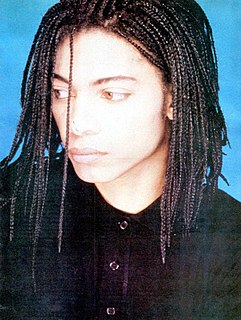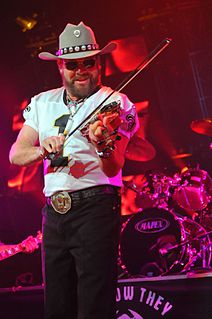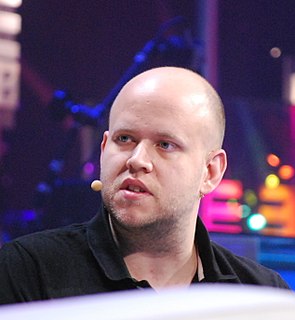A Quote by Irving Azoff
Since the traditional recorded-music business models have drastically changed, there is truly diminished income derived from recorded music by artists - both current and catalog. The touring industry has become much more important as a majority revenue stream and the ancillary fan experiences and promotions that may be derived from it.
Related Quotes
I don't know if there was really ever a golden age of the music business. Most of what was released has always been garbage and some has been able to get through and last. I don't know that it was much better thirty years ago. The music industry just wasn't as efficient. The music industry was more oddball guys who did it for fun and now they are huge corporations that have become more structured.
People around me are always an inspiration due to their love of the music and they help me to generate ideas for music. But it's really the passion and drive I have for my music that keeps me connected. I recorded my first song in the studio at 8 years old and I've taken it seriously since then. Making music is fun to me so I aim to translate those feelings into the music.
There's definitely some sort of dissent brewing between record labels, publishing companies and artists [about the compensation they get from streaming services] Spotify is returning a HUGE amount of money [to the record labels]. If we continue growing at our current rate in terms of subscriptions and downloads, we'll overtake iTunes in terms of contributions to the recorded music business in under two years.
I love to play music, and this is fun, and let's record this stuff in a way that we both like. That was exciting enough, so we just recorded it. There was no business in it until the very last minute, really. It was really as much of an extension of me writing the songs in my bedroom as it could possibly be.
There are half a billion people that listen to music online and the vast majority are doing so illegally. But if we bring those people over to the legal side and Spotify, what is going to happen is we are going to double the music industry and that will lead to more artists creating great new music.
Music expresses feeling, that is to say, gives shape and habitation to feeling, not in space but in time. To the extent that music has a history that is more than a history of its formal evolution, our feelings must have a history too. Perhaps certain qualities of feeling that found expression in music can be recorded by being notated on paper, have become so remote that we can no longer inhabit them as feelings, can get a grasp of them only after long training in the history and philosophy of music, the philosophical history of music, the history of music as a history of the feeling soul.
